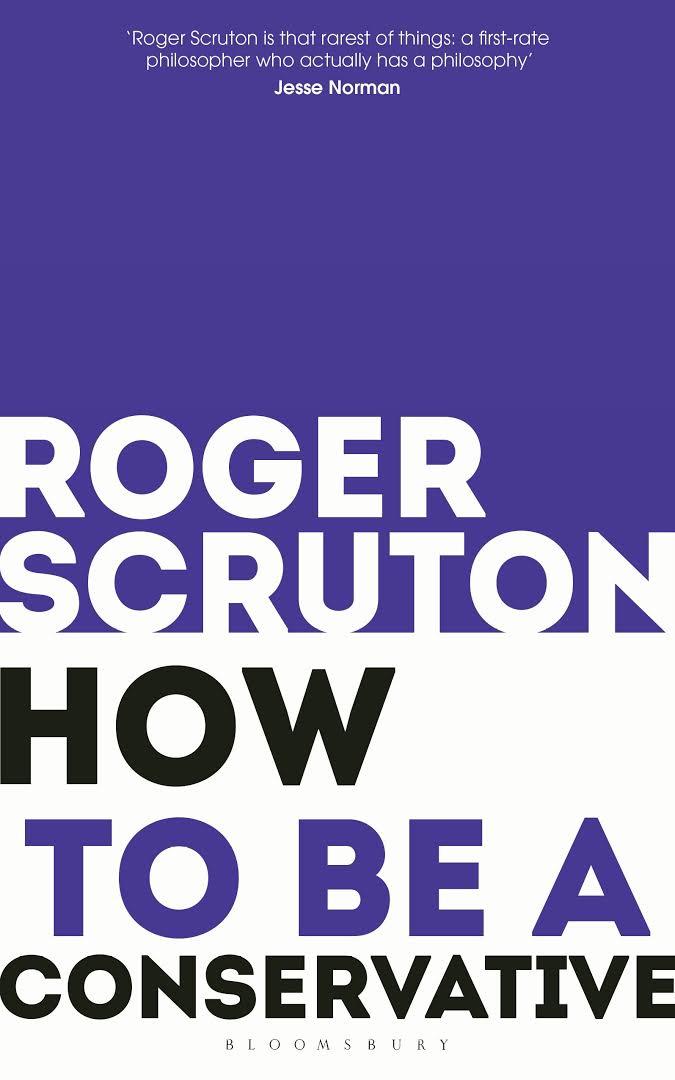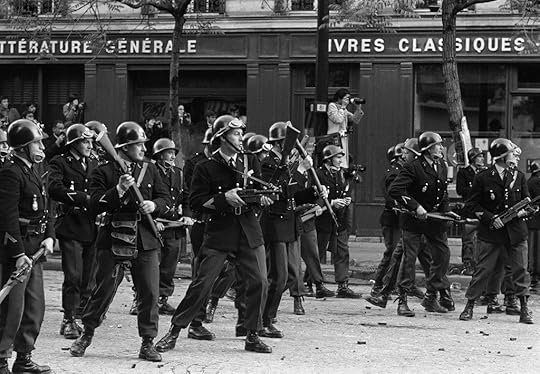What do you think?
Rate this book


208 pages, Paperback
First published January 1, 2014



”Take any aspect of the Western inheritance of which our ancestors were proud, and you will find university courses devoted to deconstructing it.” –,
”The worst mistake in politics is the mistake made by Lenin – the mistake of destroying the institutions and procedures whereby mistakes can be realized. Something similar is happening to the EU, whose elites, faced with the growing problems posed by popular discontent, mass migration, the troubled single currency and the collapse of the peripheral economies, respond with the single cry: more Europe”,